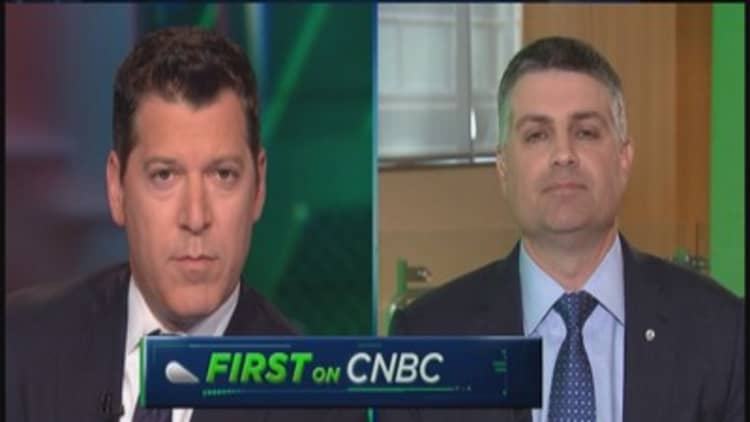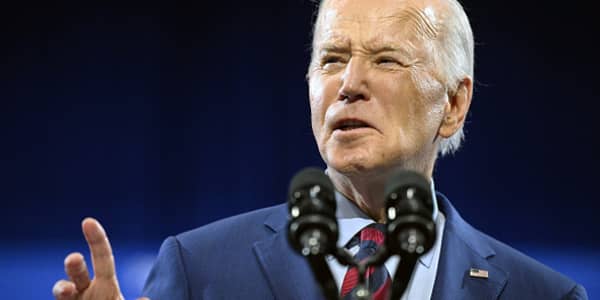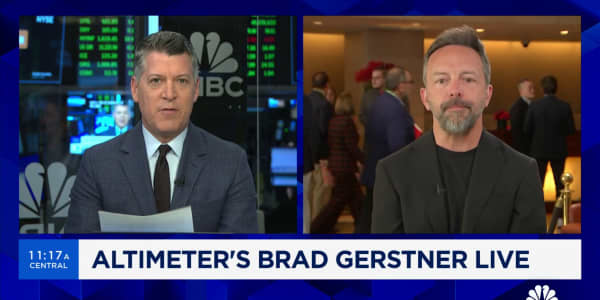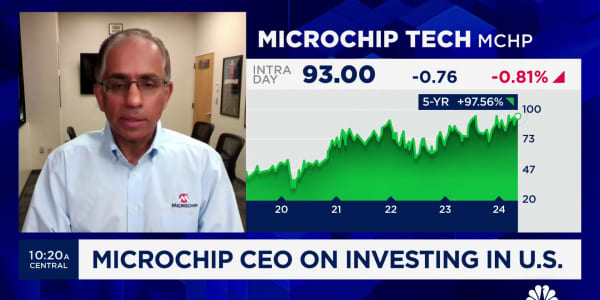Herbalife was unaware until just days ago that one of its directors was charged in a 2008 fraud case in Brazil.
"We first became aware of this situation two days ago," Herbalife said in an exclusive statement to CNBC'. "On a yearly basis, all prospective and current board members are asked about any pending or closed proceedings that occurred during the prior ten years. [Pedro] Cardoso has always responded in the negative."
Cardoso is among 12 people charged in a years-old Brazilian embezzlement case that has never been mentioned in Herbalife public disclosures, according to report by Reuters earlier Thursday.
Read More

Herbalife spoke to Cardoso directly two days ago, and he told the company he had just learned of the charges himself, according to people familiar with the situation. The people also said that Herbalife continues to seek more information on the matter.
According to Reuters, prosecutors in Brazil charged Cardoso with money laundering in 2008 for allegedly participating in an embezzlement scheme a decade earlier that siphoned 26.7 million Brazilian reais ($10.4 million) from the state government in Espirito Santo.
The charges against Cardoso were for a tiny part of that.
"This relates to a private matter involving an amount of $2,500, that dates back to 1998, prior to any involvement with Herbalife Board," Cardoso said in a statement. "It was completely unrelated to my Herbalife business. I have received no official notification of any kind with regards to this matter."
Herbalife has been the target of a short-selling campaign by hedge fund firm Pershing Square Capital Management. The stock is down more than 50 percent in 2014.
Read More






